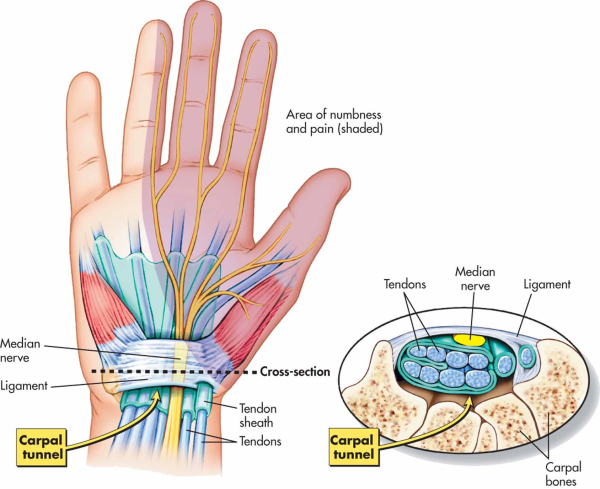
Carpal Tunel: Effective Treatment
Ronald Grisanti D.C., D.A.B.C.O., D.A.C.B.N., M.S.
Just recently I had the opportunity to consult with a patient by the name of...

We live in a mercurial world, and that’s not a good thing. Although mercury (Hg) is a naturally occurring element—found in the air, water, and soil—exposure to it, even in small amounts, causes serious health problems for adults and children. Mercury has toxic effects on the nervous, digestive, and immune systems as well as on the lungs, kidneys, skin, and eyes. It is a threat to the healthy development of a fetus and young child.
Until scientists and physicians recognized mercury as detrimental to health, it had been used in medicines and industrial applications. In the 1800s, the phrase “mad as a hatter” originated from the mental health changes observed in hatters who used mercury to process felt for headwear. Today, we are much more informed about the risks of exposure to mercury and its detrimental effects on health. Although many other metals can be problematic, the World Health Organization considers mercury one of the top 10 chemicals that are a major public health concern.
Mercury exists in several forms, including liquid metal (quicksilver), vapor, and in organic and inorganic compounds. It is released from the Earth’s crust through volcanic activity and through coal-burning and industrial processes.
Problems that arise from mercury exposure stem from a combination of factors: amount/dose, method of exposure (ingestion, inhalation, skin contact), and length of exposure. We are all exposed to low levels of mercury to some degree. Exposure can occur through contaminated drinking water; foods grown in contaminated soil; a diet high in mercury-laden fish/shellfish; medical procedures (dental, vaccination); and through accidental/occupational exposure to industrial waste.

Ronald Grisanti D.C., D.A.B.C.O., D.A.C.B.N., M.S.
Just recently I had the opportunity to consult with a patient by the name of...

Constipation and improper elimination seem to be at an all-time high in many societies today. As a result, people looking for natural solutions may turn to ongoing...